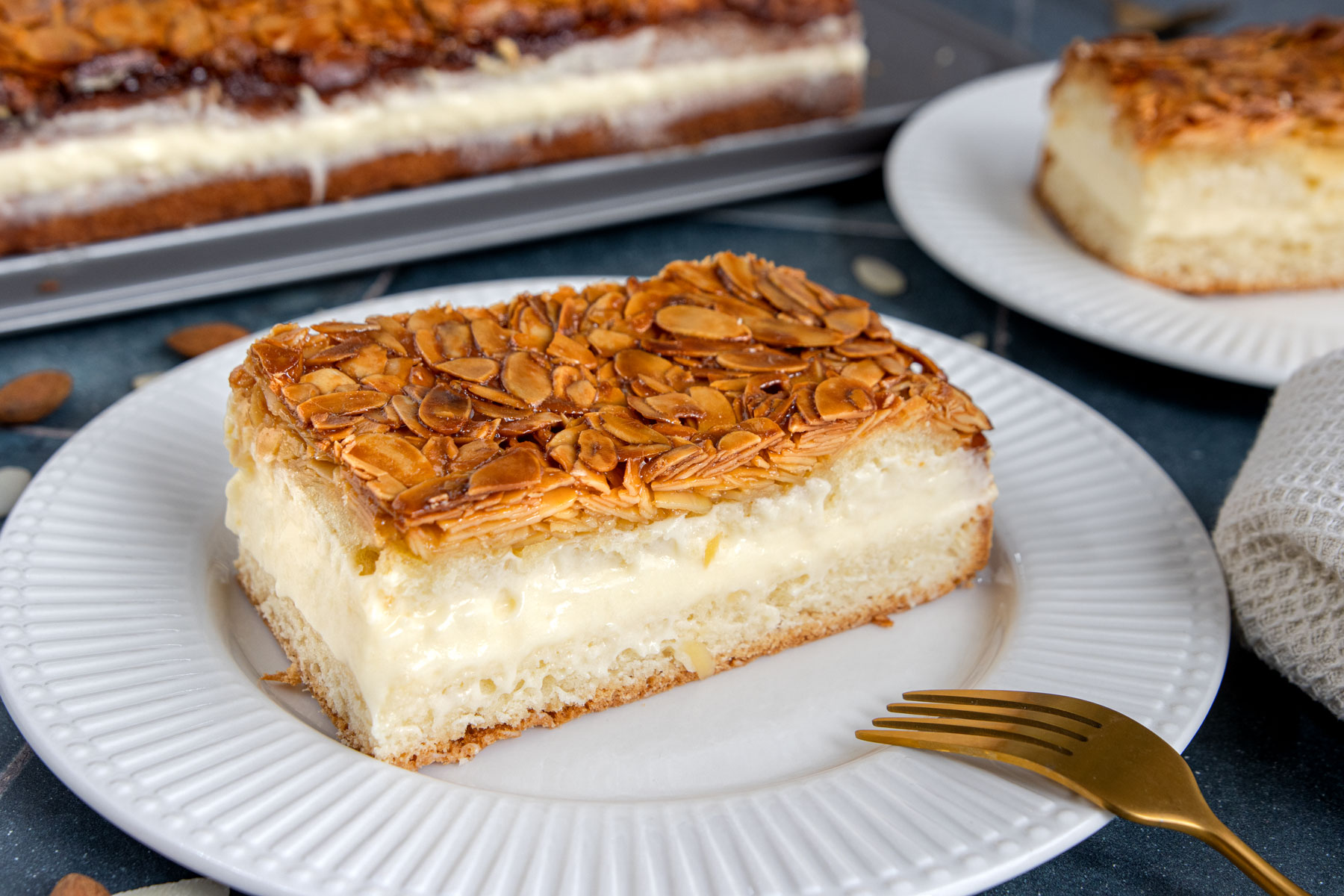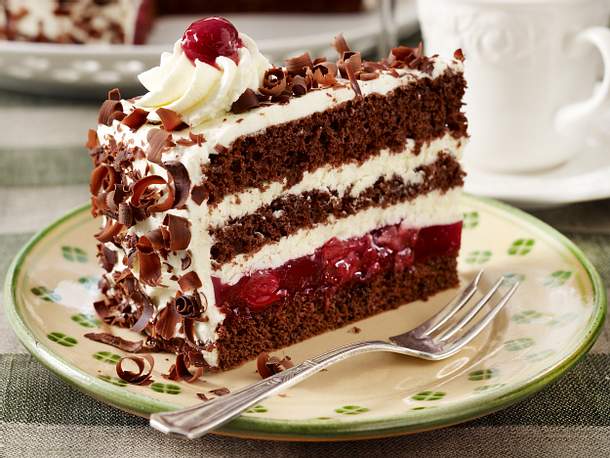A lot of things have come to a hold, not so much finals though. So with all of us stuck at home and finals around the corner, our student assistants have accumulated the best study tips for you on “how to study for finals during quarantine.”
1. Set up a “base camp” in a quiet space
Finding and designating a space in your home is vital to working or studying remotely. This means not working on your bed, or on that couch in your living room if possible. Also, try to find a quiet place. Every distraction will make it even harder to get focused again. That also means putting your phone out of reach for a while, maybe even in a different room.
2. Create your personal study environment
What do you like to listen to when you study? Listening to music can ease the tension of studying and help you concentrate. Whether it’s a calming playlist or your favorite lyrical jams, find what works for you. We recommend “BrainWaves: Solfeggio Frequencies” on Spotify.
3. Write down a checklist of everything that needs to be studied
If you write down a checklist, you don’t only have an overview of everything you need to study for each exam but can also check off everything you’ve already finished. This way every checkmark will feel like a small success.
4. Maximize your time by scheduling out your week
Time seems to be the only thing we have an overload of these days, and planned wisely, it could be used to your advantage. When it comes to studying, being strategic about how you spend your time can make all the difference. So find the time when you know you are most productive and make that your dedicated study time.
5. Find a way to stick to your schedule
One way to do so could be by setting alarms. Setting an alarm for the time that you’ve designated to get up and study can help you to stay on top of your schedule. It’s also nice to do this if you tend to get carried away with what you’re doing at the moment…
6. Get in the right headspace
Before you get to work, take a moment for yourself. Close your eyes, take a deep breath in, and a deep breath out. Calm yourself and let all tension flow away. Repeat that until you feel calm and relaxed. With all thoughts bundled up in our head, it will be difficult to put your focus where you need it. If you have never practiced mindfulness, there are many apps that help guiding you. We recommend the app “Stop, Breathe & Think.”
7. Empower yourself
It is all doable and you have the power to do it. Keep reminding yourself that you will get these tasks finished. Of course there are things that are out of your control, but you have the control over what you choose to do with your energy, time, and thoughts.
8. Create a good sleeping routine
A good nights rest is essential for being focused. Especially with all those time differences between you and your professors, make sure to not cut on the sleep.
9. Be proud of yourself!
Last but not least, be proud of yourself. Those are such weird times that we live in and I am sure you have all pictured the end of your study abroad semester very differently. But you are still here, still part of FU-BEST, still finishing this semester regardless of where you are now. And that is awesome!








